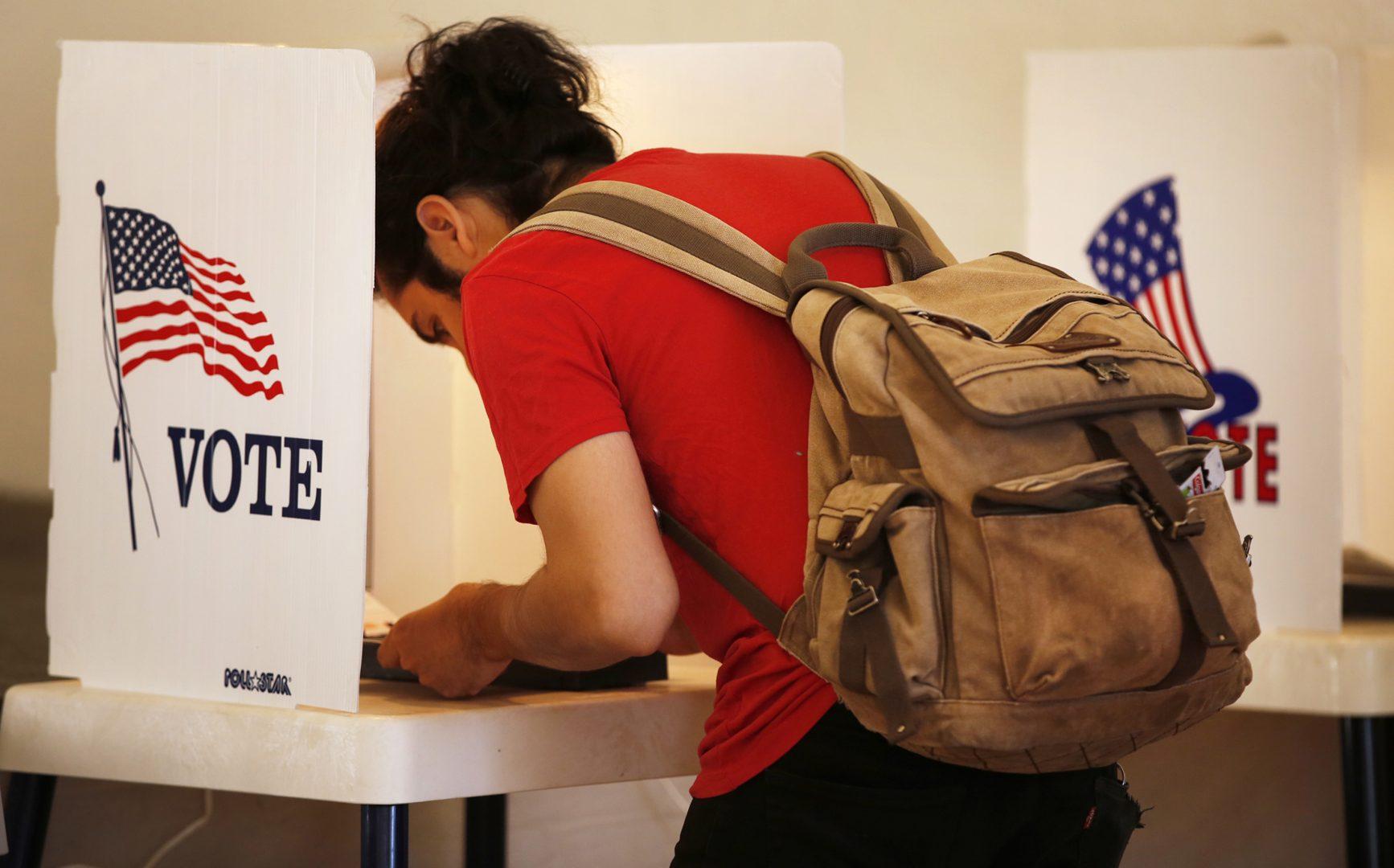Hisham A. Qutob and D’Aungillique Jackson contributed to this Op-Ed.
Our education system has often overlooked the significance and importance for us, as students, to voice our opinions, concerns, perspectives and our ability to seek representation. We all have a civic duty that is just as important as our class assignments, as it does not just affect us individually, but affects our families, peers and future generations to follow. As we continue the push to increase civic engagement, we must understand the importance of looking to our representatives for guidance.
To our despair, we, as college students, have oftentimes heard that the younger generation does not vote because we simply “do not care.” This is a false narrative that we must end.
We understand that it’s not that we do not care, it is that no one has taken the time within our institutions to teach us about this process. We have little to no guidance on what to do at the polls, so how could we possibly know when or how to show up.
If someone did take the time, then college students would know the importance of getting civically engaged and the importance of mobilizing for change so there can be improvements within our local, state, and federal governments.
One way to address this stigma surrounding youth voter turnout is by advocating for legislation that has the potential to increase civic engagement throughout our state. According to Secretary of State Alex Padilla, in the 2014 general election, only 52 percent of eligible youth were registered to vote and only 8 percent of eligible youth (aged 18-24) actually voted.
As a result, this led to an initiative in 2016 by the secretary of state, the California State University and the Cal State Student Association, to sign a memorandum of understanding that recognized their shared goal of increasing the democratic engagement and civic literacy for all students.
By working together, all parties can amplify the reach and strength of their efforts that will result in students having an even greater voice in our democracy. As a result, in 2016 there was an increase of online voter registrations from young voters, and we saw a 10 percent increase in youth voter turnout for the 2018 midterm election!
In order to keep this momentum going, we need to be vocal in supporting legislation that aims to push for an increase in civic engagement. Thus, it is crucial to support Assembly Bill 963, the Student Civic and Voter Empowerment Act, that would positively impact the 3.1 million students in public higher education. Some who face systemic barriers, which make it nearly impossible to exercise their political right to vote.
Since many young people become eligible to vote while in college, it is our institution’s responsibility to play a pivotal role in providing a comprehensive education to engage in our democracy.
We ask for a commitment from our college institutions and our state legislature to make participation in our electoral process a top priority, especially for our future generations.




